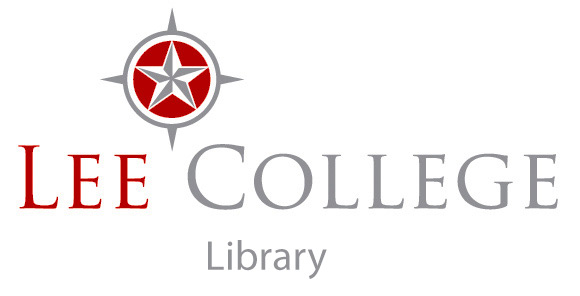
Policy changes concerning ChatGPT and any other AI language bot can now be found in the definition of Acquiring Information in the Academic Honesty Policy. See below and the catalog to access this portion of the policy. Syllabi wording suggestions are also below. The Academic Honesty Taskforce will continue to track the changes in AI technology and be on the lookout for further EEC trainings. Also, be sure to click the LibGuide tabs above to learn more about the impact ChatGPT will have in your classroom.
Acquiring Information
Guidance for Faculty regarding ChatGPT:
Referring to AI Chatbots in your syllabus:
1) if a student has another person/entity do the writing of any substantive portion of an assignment for them, which includes hiring a person or a company to write essays and drafts and/or other assignments, research-based or otherwise, and using artificial intelligence affordances like ChatGPT;
2) if a student submits the same work for more than one class without consulting with the instructors. (University of California Irvine Division of Teaching Excellence & Innovation, n.d.)
All written work submitted for this course must be completed by you, personally. Use of artificial intelligence (AI) to generate text is strictly prohibited. Submission of text generated by AI will be considered a violation of academic integrity, including AI-generated text that you have summarized or edited. (Kelley, n.d.)
You are responsible for the content of any work submitted for this course. Use of artifical intelligence (AI) to generate a first draft of text is permitted, but you must review and revise any AI-generated text before submission. AI text generators can be useful tools but they are often prone to factual errors, incorrect or fabricated citations, and misinterpretations of abstract concepts. Utilize them with caution. (Kelley, n.d.)
Academic Honesty – Course Policies: Any student caught cheating, plagiarizing, or colluding with other students will be punished via the guidelines set forth by the College. Any use of AI platforms, including all versions of ChatGPT, will be reviewed and, if sufficient evidence exists that the use of AI assistance was used then an alternate assignment may be required to be eligible for credit.
For documented academic honesty issues, students will lose all credit for the assignment in question and be ineligible for extra credit in any form. Other steps may include, but not be limited to, being reported to the Associate Vice-President of Instruction for further discipline, failure for an assignment, and/or failure for the course.
Rules of Thumb when updating your Syllabus: (Watkins, 2022)
Add time into your course to discuss the ethical implications of chatGPT and forthcoming AI systems. Talk with students about the ethics of using chatGPT in your course, at your university, and within your discipline or profession. Don’t be afraid to discuss the gray areas where we do not yet have clear guidance or answers.
If you include honor code pledges or statements in your syllabus, you should update those to include chatGPT and other AI systems.
Be clear in your syllabus about your policies for using chatGPT, and how to appropriately acknowledge (e.g., cite, reference) when they do use chatGPT.
Also see the Sentient Syllabus Project (Steipe, n.d.)